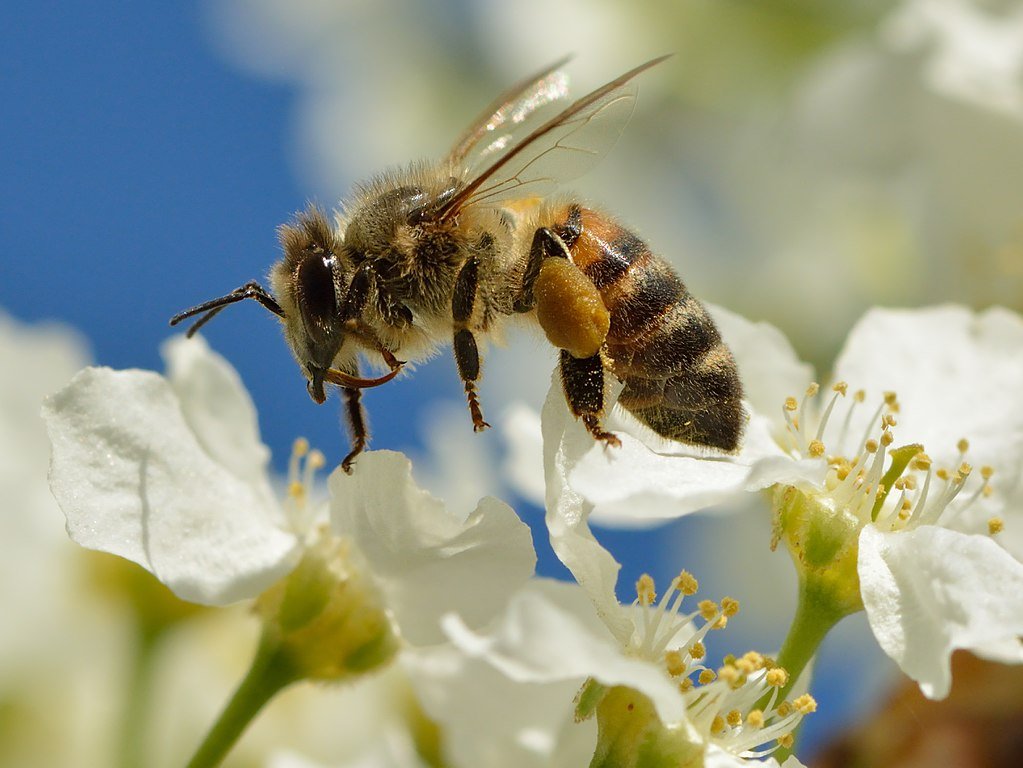Have you ever stopped to listen to the music of your garden? Not the music blaring from your speakers, but the subtle symphony of buzzing bees, chirping birds, and the rustle of leaves in the breeze. This hidden orchestra plays a vital role in keeping your garden healthy and thriving. But what if a loud, discordant note started to overpower the melody? That’s the concern some scientists have about the widespread use of pesticides in our backyards.
Think of those pesky aphids – the tiny green or black sap-suckers that love to munch on your roses. We reach for the pesticide spray, a seemingly quick fix to silence their chomping. But pesticides are like blunt instruments, not scalpels. They target the aphids, yes, but they can also harm the innocent bystanders – the ladybugs, the butterflies, the lacewings. These beneficial insects are nature’s pest control team, keeping aphid populations in check. Imagine the violins falling silent in our garden symphony!
The problem goes deeper than just a few missing instruments. Pesticides can linger in the soil and water, like a lingering bad note. These chemicals can harm earthworms, the tireless tillers of the soil who turn dead leaves into rich compost, the foundation for healthy plant growth. They can also disrupt the delicate balance of microscopic creatures living in the soil, disrupting the entire ecosystem. It’s like the bass section going out – the whole musicality suffers.
The effects ripple outwards, creating a cacophony of problems. Fewer ladybugs lead to a feast for aphids, which weakens your plants. This disrupts the food chain, affecting the birds who rely on those insects for protein – they’re like the tenors who can’t hit the high notes anymore because they’re not getting enough to eat! Studies even show that pesticide runoff can harm fish and other aquatic life in nearby streams and ponds – imagine the entire percussion section going silent!
But fear not, fellow plant enthusiasts! This doesn’t mean giving up on your dream garden. Here’s the good news: a healthy ecosystem is a thriving, musical garden!
Beyond the Symphony: The Science Behind the Silence
The impact of pesticides goes beyond the immediate effects we see. Here’s a deeper look at the scientific evidence:
- Bioaccumulation: Pesticides can build up in the bodies of animals over time. Imagine a crescendo of toxic chemicals getting louder with each bite in the food chain. This can harm birds, fish, and even humans who consume contaminated produce.
- Disruption of Endocrine Systems: Some pesticides can mimic hormones in insects and other animals, affecting their growth, development, and reproduction. It’s like introducing a false melody that throws the whole orchestra off balance.
- Reduced Pollination: Pesticides can harm bees, butterflies, and other pollinators, leading to decreased pollination rates. This means fewer fruits and vegetables for us and a disrupted food source for many animals. Imagine the entire brass section missing, leaving the garden music dull and lifeless.

Building a Garden Orchestra: Natural Solutions for a Thriving Ecosystem
By embracing these natural methods, we can create a garden teeming with life, a beautiful symphony where all the creatures play their part. Here are some alternatives to pesticides:
- Companion Planting: Certain plants, like marigolds, release compounds that repel pests. Planting them near your veggies disrupts the aphid’s “concert” before it even starts!
- Beneficial Insects: Introduce ladybugs, praying mantises, or lacewings to your garden. They’ll be happy to take care of the aphid problem, acting like conductors who bring harmony back to the orchestra.
- Natural Remedies:
 Insecticidal soap or neem oil are effective against many pests and are much gentler on the environment. Imagine using a soothing melody to calm down the aphid problem, not a loud, jarring noise.
Insecticidal soap or neem oil are effective against many pests and are much gentler on the environment. Imagine using a soothing melody to calm down the aphid problem, not a loud, jarring noise.
Conclusion: Listen to the Music of Your Garden
The next time you step into your garden, take a moment to listen to the music. The buzzing of bees, the chirping of birds, the rustle of leaves – these are all signs of a healthy ecosystem. By choosing natural methods over pesticides, we can keep the music playing and create a haven for all the creatures who call our gardens home. Remember, a healthy garden is a chorus, not a solo. Let’s keep the music alive!

